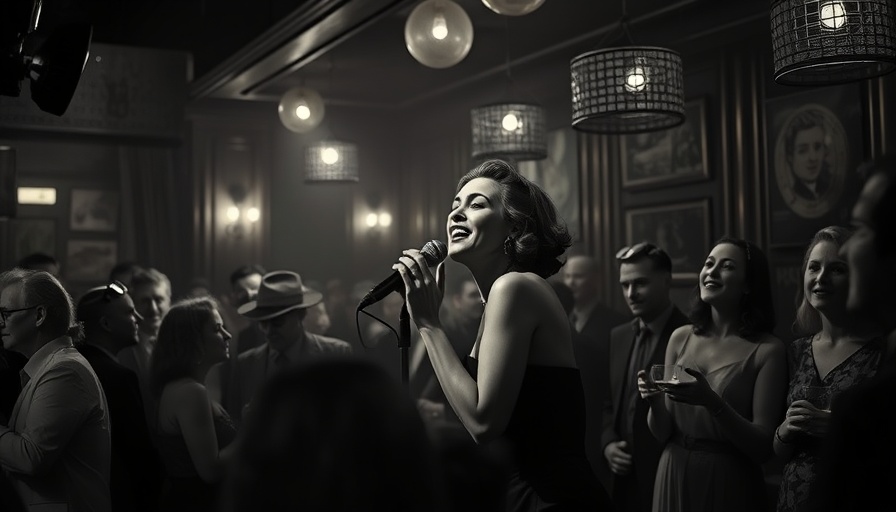
Celebrating Iconic Women in Greenwich Village
In the vibrant heart of Greenwich Village, a single block showcases the remarkable contributions of women who have shaped both the cultural and social landscape of New York City. From poets and activists to innovators, this stretch of the Village is a testament to women's relentless spirit and creativity.
Historical Context of Women in New York
Throughout history, New York City has been a melting pot of ideas and revolutions. Notably, Greenwich Village has served as a cradle for the feminist movement and intellectual discourse. Iconic figures like Louise Nevelson and Edna St. Vincent Millay challenged societal norms and paved the way for generations of women, particularly in a time when female voices were often marginalized.
The Significance of Location
Why does this particular block matter? The landmarks that dot the landscape not only highlight significant achievements but also serve as gathering places for change. Places like the Stonewall Inn remind us of the LGBTQ+ rights movement, while others cradle the stories of artistic expression that the region is renowned for. The convergence of these narratives on a single block magnifies their impact.
Today’s Diverse Perspectives
In today's sociopolitical climate, the legacies of these women resonate powerfully. Many modern activists and leaders draw inspiration from their pioneering efforts. It highlights a profound truth: the fight for equity and representation is ongoing, and understanding these historical contexts gives us the tools to navigate current challenges.
Looking Towards the Future
Recognizing the historical significance of women in Greenwich Village not only honors their contributions but also inspires action among today's and tomorrow's leaders. We must continue to promote conversations about gender equality and social justice, ensuring that the voices of all women are heard and respected.
As we delve further into this rich history, consider organizing tours, discussions, or communities that celebrate influential women of New York. By being part of these movements, we can not only honor the past but actively participate in shaping a more equitable future for all.
 Add Row
Add Row  Add Element
Add Element 



Write A Comment